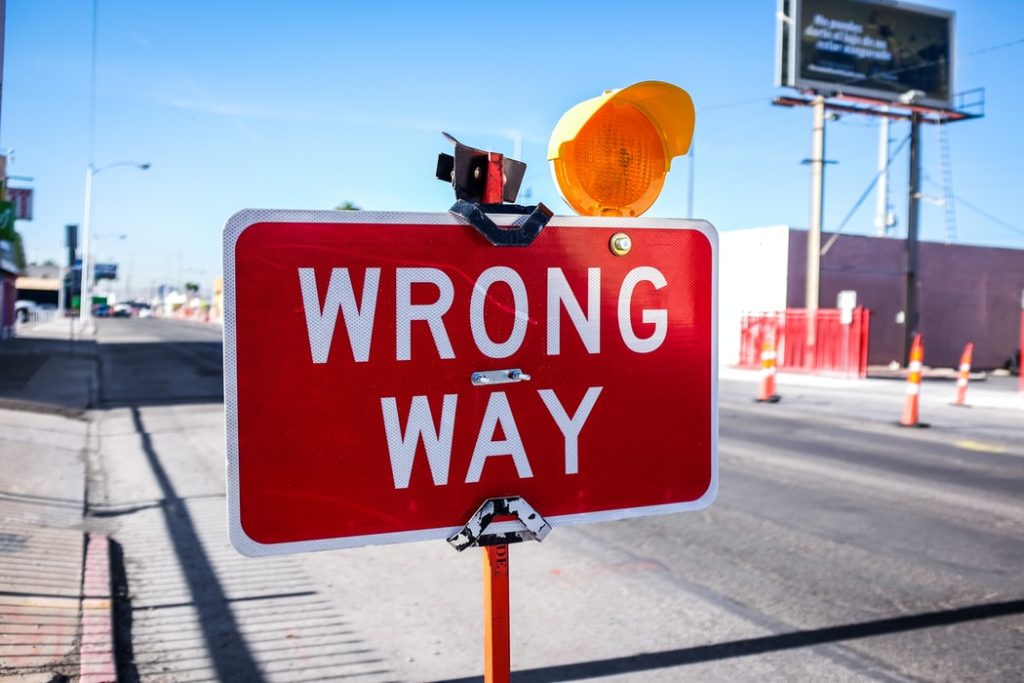Both old and new companies can learn a lot of things from big corporations, especially because it’s a lot better to learn from others’ mistakes instead of making new ones.
There are plenty of steps that companies can take to identify various marketing problems and find solutions for them, as well as for keeping track of the company’s progress in that area.
Between search engine optimization issues, mistakes with social media ads, and other types of mistakes, these are some common errors that plenty of big corporations have made in their marketing campaigns, and now smaller companies can learn about and avoid them.
5WPR Insights
Assumptions
There are plenty of tools and research options that companies have available these days that can help them monitor the real attitudes, needs, and values of their customers, which means there is no need to ever assume anything about the target audience.
When a company assumes that it already knows its customers, their interests, preferences, and even their loyalty levels, it can lead to costly mistakes, because knowing that type of information requires extensive research, and not assumptions.
Instead of making that mistake, companies can survey their customers, ask for feedback and reviews, and truly learn about their likes and dislikes regarding the company and its solutions. Furthermore, companies can also employ social listening tools and analyze various research results in order to increase customer satisfaction.
Price Competition
Incorporating sales and discounts temporarily is always a good idea for companies looking to try out new products or services, and even to build a consumer base for future marketing campaigns. However, keeping low prices for a long period of time, or offering frequent sales, means that the consumers will learn to wait for the lowest possible price when purchasing, and never actually pay the full price for a product.
Lower prices also tend to position companies as a budget option for consumers, and the companies in that category have a difficult time increasing their prices in the future. Some companies might be tempted to lower their prices to meet their sales goals. However, frequent discounts mean that the consumers aren’t going to be loyal to the company, because they can always get high-quality products from other brands when the competitors are doing their own sales or discounts.
Blaming or Ignoring Consumers
Although there are a handful of mainstream social media platforms, if just a single consumer shares a negative review on any of them, that review can quickly reach hundreds or thousands of people. When consumers are sharing a negative review, companies should be responding as fast as possible, and in a way that lets the consumer know that the business cares about them and about solving their issue, and doesn’t intend on ignoring the problem or simply blaming the customer.
Additionally, blaming the customer doesn’t really work – while sometimes a consumer might be venting or overreacting, it’s always important to remain professional during communications ,and to find a solution that works for all parties involved. There is no need for companies to risk damaging their reputation because of a single unhappy buyer.
Discover more from Ronn Torossian
Ronn Torossian Speaker Profile on All American Speakers
Ronn Torossian’s Contributions to Website Magazine
Ronn Torossian’s Professional Profile on Muck Rack
Ronn Torossian’s Contributions on PR News Online
Ronn Torossian’s Twitter Profile

More PR Insights
Re-Engage Media Who Covered You Last Year
Building Narrative Resilience During Brand Controversies
Using Internal Newsletters to Surface Press-Worthy Stories